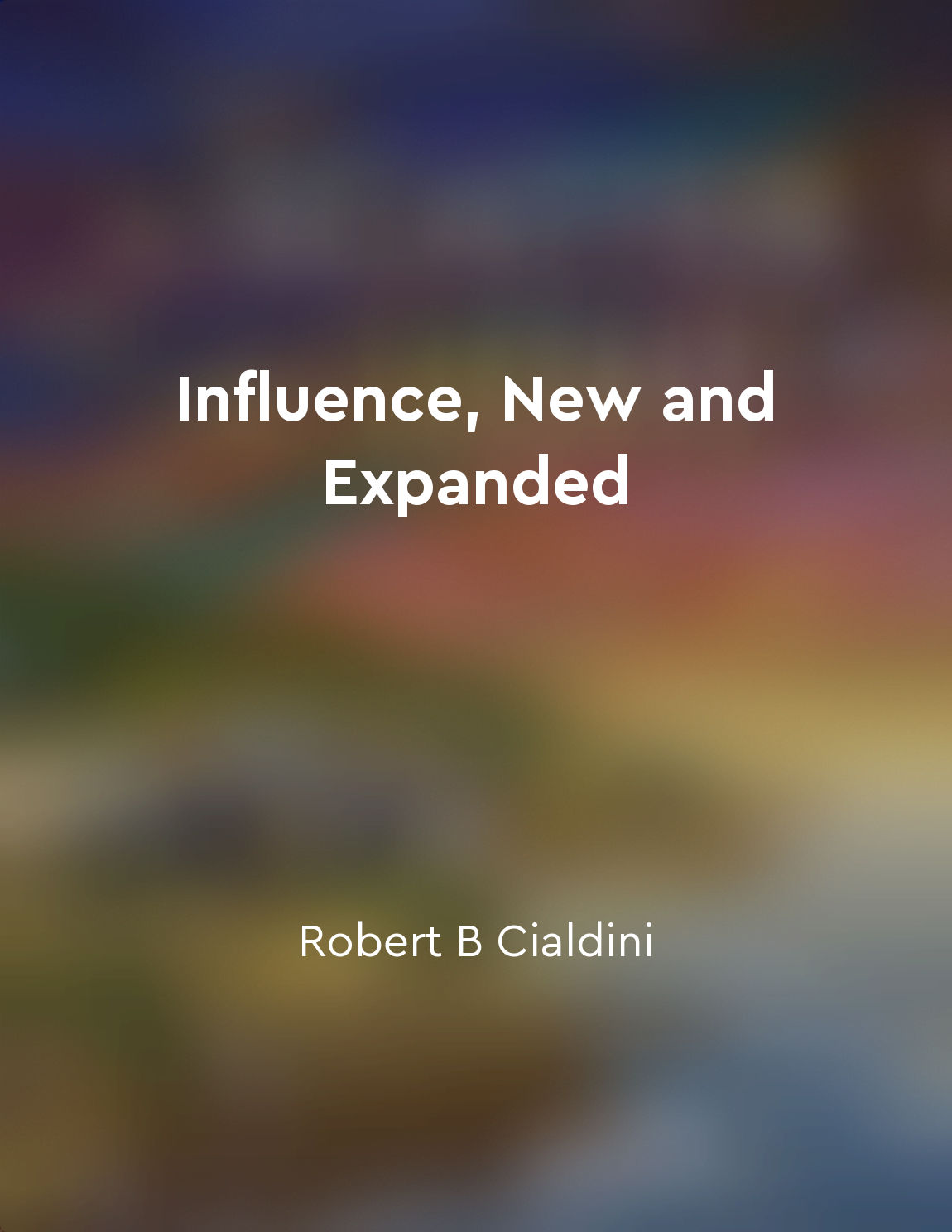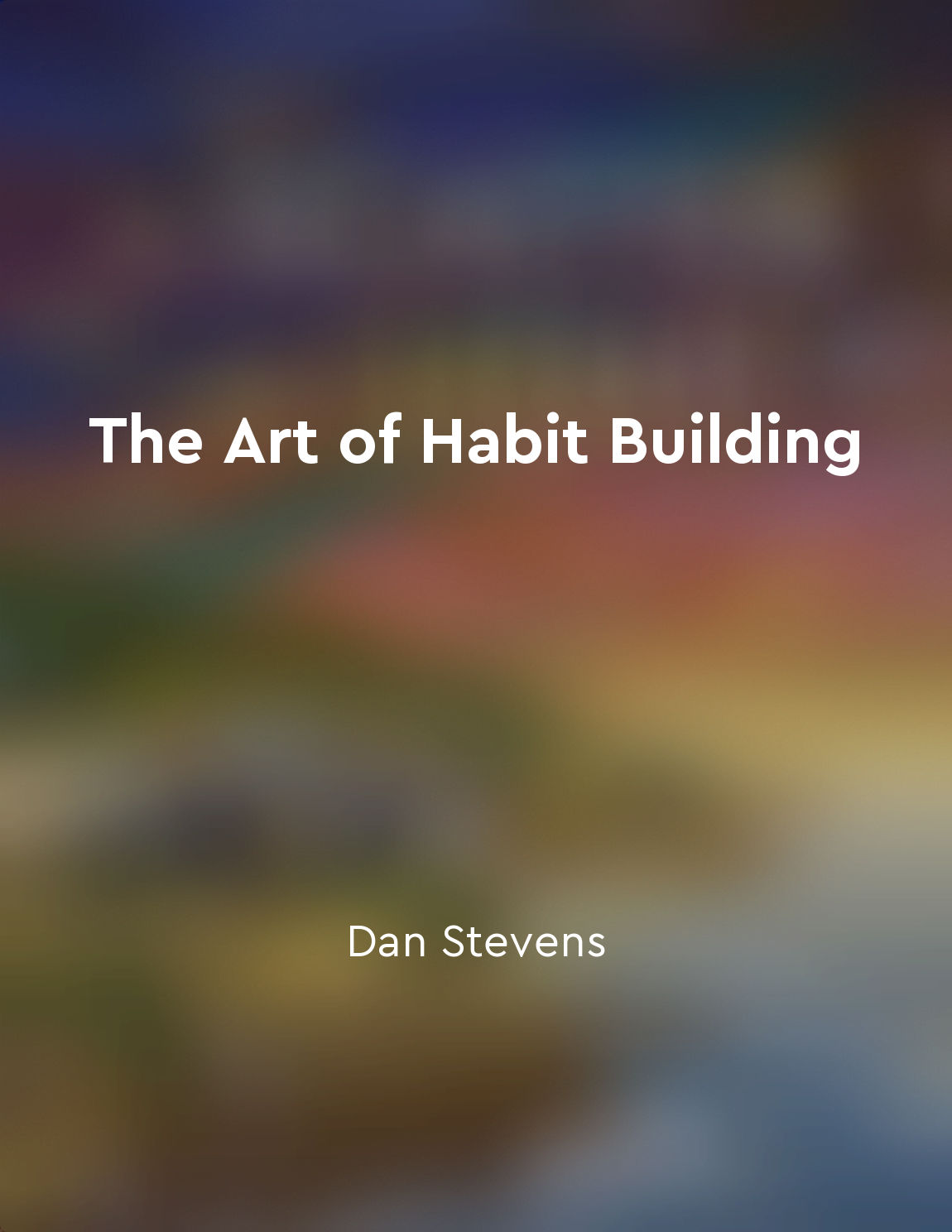Audio available in app
Peer pressure can influence our habits and behavior from "summary" of The Power of Habit: by Charles Duhigg | Summary & Analysis by Elite Summaries
Peer pressure plays a significant role in shaping our habits and behaviors. Our desire to fit in and be accepted by our peers often leads us to adopt their habits and behaviors, whether consciously or unconsciously. When we see our friends engaging in certain activities or behaviors, we are more likely to follow suit in order to feel included and avoid being left out. This influence of peer pressure on our habits and behaviors can be seen in various aspects of our lives, from the foods we eat to the activities we engage in. For example, if our friends have a habit of eating unhealthy foods, we may find ourselves doing the same in order to feel like we belong. Similarly, if our peers are involved in certain activities such as smoking or drinking, we may be more inclined to participate in those activities as well. Moreover, peer pressure can also affect our behavior in more subtle ways. For instance, if our friends have a habit of procrastinating or being disorganized, we may start to adopt similar habits without even realizing it. This can have a negative impact on our productivity and overall well-being.- We can make more conscious choices about the habits we adopt and the behaviors we engage in. It is essential to surround ourselves with positive influences and individuals who support and encourage healthy habits, rather than those who may lead us astray. Ultimately, by being aware of the power of peer pressure, we can take control of our habits and behaviors and make choices that align with our values and goals.
Similar Posts

Aligning with norms can enhance persuasion
One effective way to increase the likelihood of persuasion is by aligning with established norms. When people see that others a...
Allow for natural consequences
When we talk about allowing for natural consequences, we mean letting kids experience the outcomes of their actions. This appro...

Set realistic and achievable goals
When embarking on the journey of habit building, it is crucial to establish goals that are not only realistic but also achievab...
Cultural cognition leads to cultural evolution
Cultural cognition is the process by which individuals acquire, store, retrieve, and use information about their cultural envir...
Prime your environment for desired behaviors
To make it easier to adopt good habits and break bad ones, you need to prime your environment for the behaviors you want to exh...
Marginal analysis is useful in decisionmaking
Marginal analysis involves comparing the additional benefits and costs of a decision before making it. This analysis is crucial...
Understanding social influence can enhance efforts in various fields from marketing to public health
Social influence operates as a powerful mechanism that shapes behaviors, attitudes, and decisions across various domains. Marke...
The ability to delay gratification is linked to future success
The ability to delay gratification is a critical skill that has been shown to have a significant impact on future success. In t...
Make your habits easy to maintain
To make your habits easy to maintain, it is crucial to focus on simplicity. By breaking down your habits into small, manageable...
Individualistic versus collectivistic cultures have different approaches to choices
In some cultures, the act of making choices is seen as a highly individualistic pursuit. People in these cultures are encourage...

